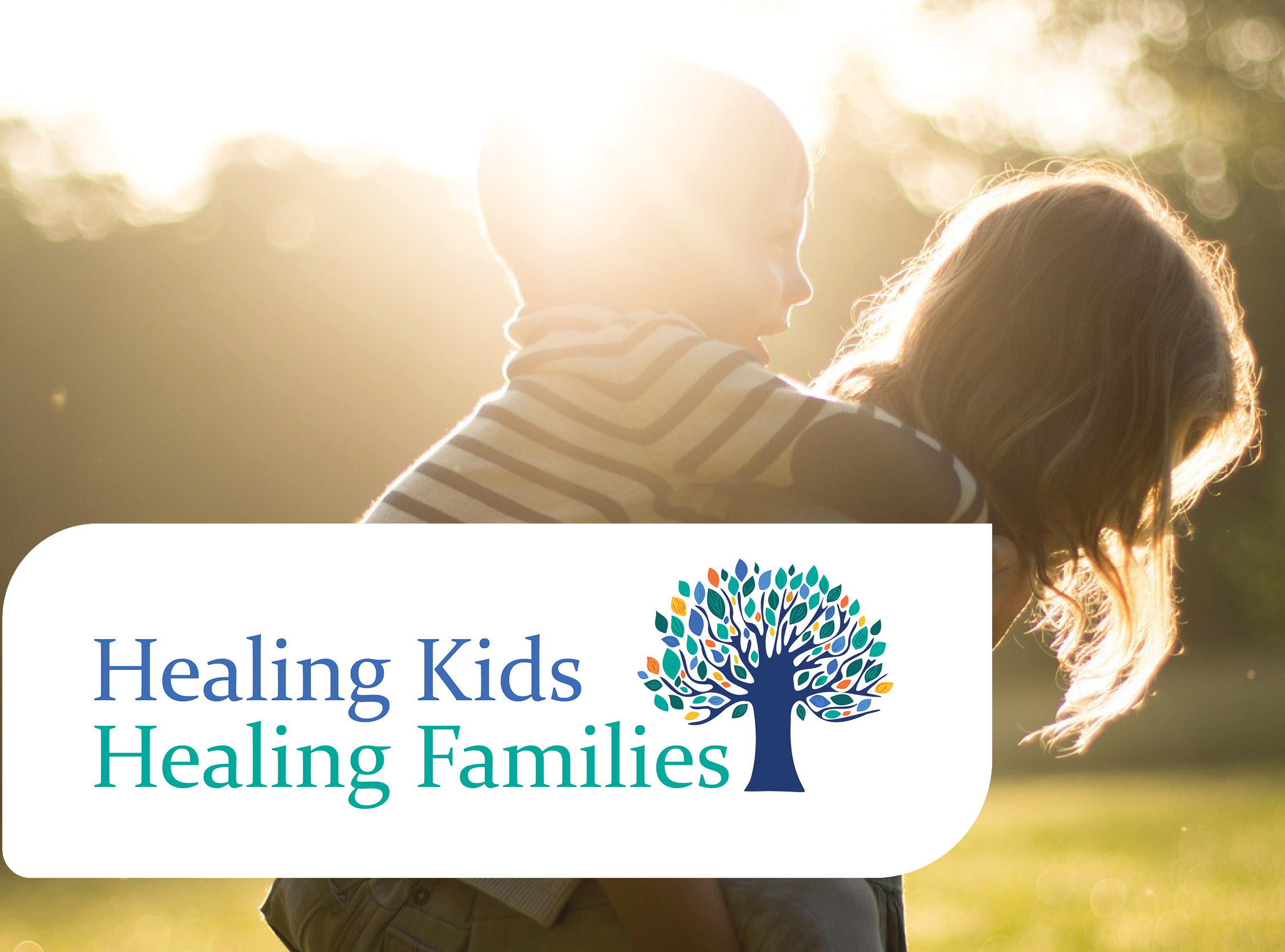Search
Research
Pineal morphology of the clinical high-risk state for psychosis and different psychotic disordersPineal volume reductions have been reported in schizophrenia and clinical high-risk states for the development of psychosis, supporting the role of melatonin dysregulation in the pathophysiology of psychosis.
Research
Predicting NSSI among trans young people: the role of transphobic experiences, body image, and gender dysphoriaNon-suicidal self-injury (NSSI) is particularly common among trans young people. NSSI is most commonly used as an emotion regulation strategy, which may explain the high prevalence of the behavior among trans young people, who often experience unique stressors. In the current study we test an application of the Pantheoretical Framework of Dehumanization, in which transphobic experiences, body surveillance, body dissatisfaction, and gender dysphoria are all theorized to predict NSSI.
Research
The anticipatory response to stress and symptoms of depression and anxiety in early adulthoodWhilst cortisol reactivity has been associated with depression and anxiety disorders, research examining cortisol reactivity with early symptoms of these conditions in males and females is limited.
Research
Promoting Mental Health in New Zealand: Building Resilience in Teenage ChildrenThere has been concerns about the increasing incidence of youth depression and anxiety, with school teachers seeking out ways to better equip youth with skills to help them deal with daily life. A resilience training programme for youth was implemented in one region of New Zealand.
Research
Trans Young People’s Experiences of Nonsuicidal Self-InjuryNonsuicidal self-injury (NSSI) is particularly common among trans young people. Trans young people tend to experience high levels of emotional distress due to the unique stressors they face, and often use NSSI as an emotion regulation strategy. These stressors include gender dysphoria, body image concerns, and transphobic experiences.
Research
Retrospective Examination of Peripubertal Return for Patients of Western Australia's Gender Diversity ServiceChildren far in advance of pubertal development may be deferred from further assessment for gender-affirming medical treatment until nearer puberty. It is vital that returning peripubertal patients are seen promptly to ensure time-sensitive assessment and provision of puberty suppression treatment where appropriate.

The Healing Kids, Healing Families team strives to understand how trauma and adverse circumstances can impact a child and their family, and how we can help them to recover from these experiences.

News & Events
Anaesthesia, suicide prevention and rare disease research supported by Telethon 2022The generous support of West Australians through Channel 7’s Telethon Trust will help support vital child health research at The Kids Research Institute Australia in 2023.
Research
Conceptualising Wellbeing for Australian Aboriginal LGBTQA+ Young PeopleIt is likely that young people who are both Aboriginal and Torres Strait Islander and LGBTQA+ would be at increased risk for poor mental health outcomes due to the layered impacts of discrimination they experience; however, there is very little empirical evidence focused on the mental health and wellbeing of Aboriginal and Torres Strait Islander LGBTQA+ young people. The current study represents a qualitative exploration of wellbeing among Aboriginal LGBTQA+ young people.
Research
Mental Health Literacy for Supporting Children: A Systematic Review of Teacher and Parent/Carer Knowledge and Recognition of Mental Health Problems in ChildhoodThe level of mental health literacy (MHL) in adults who work with or care for children is likely to influence the timeliness and adequacy of support that children receive for mental health problems.
